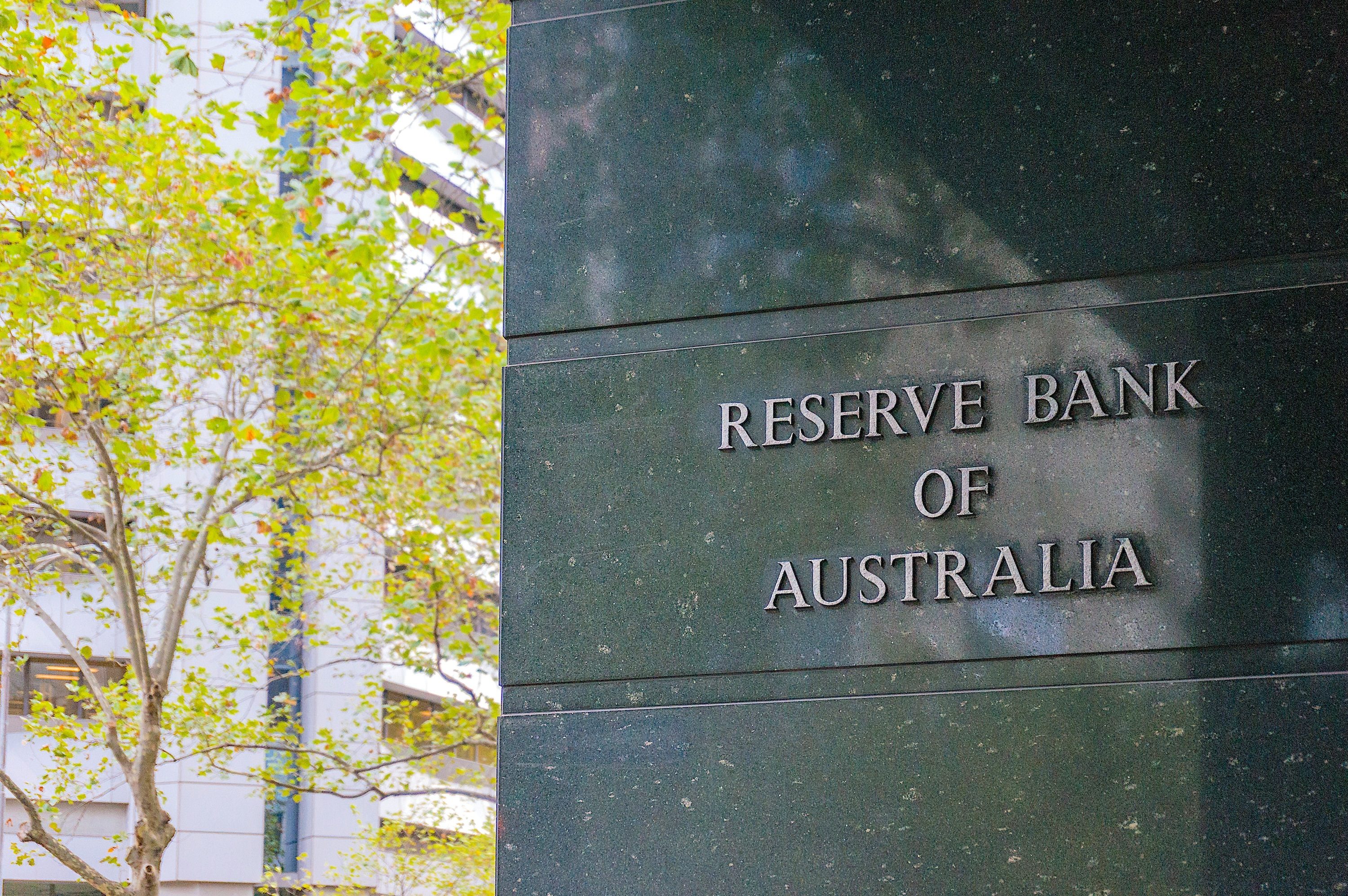First home buyer schemes and grants
Most lenders require you to save up a 20% deposit. But, as a first home buyer, you may only need to save 2-5% thanks to home loan grants and schemes designed to help people attain homeownership faster.
The Home Guarantee Scheme has various schemes that can help you, including the First Home Guarantee, the Regional First Home Buyer Guarantee and the Family Home Guarantee.
There’s also the Help to Buy scheme which allows eligible borrowers to buy their first place without having to save up a full 20% deposit, and without needing to pay lenders mortgage insurance (LMI).
These programs allow you to apply for a home loan without having a 20% deposit, but there’s also national home loan grants that can give you some extra money to buy your first home – this is called the First Home Owner Grant, which is administered by the states and territories.
Finally, there’s the First Home Super Saver Scheme. If you’ve never owned a property in Australia before, the FHSS scheme lets you use your superannuation fund to store and save voluntary contributions, which you can later withdraw to use as a deposit.
What is a first home buyer loan?
First home buyer loans technically aren’t a real thing, but certain lenders can offer discounted interest rates and fees, or sign-up incentives tailored to first-time buyers.
However, in most cases, you’ll be offered the same home loans as those who already own property.
Thankfully, there’s plenty you can do to help reduce the cost of getting your first home loan.
What is the best home loan for first home buyers?
If you’re a first home buyer looking to break into the market, you’re more likely to have a home deposit of less than 20%, which affects your loan-to-value ratio (LVR) and the interest rates most lenders will offer you.
For first home buyers with a deposit of 10% or less, Mozo’s experts identified the lowest cost variable rate home loans for borrowers with a 90% LVR, as part of the Mozo Experts Choice Awards.
What to look for in your first home loan
When you compare home loans for the first time, it can be hard to know exactly what to look out for. Here’s a brief overview of some of the main criteria to consider when narrowing down your shortlist.
1. A low interest rate
You can think of the interest rate on your loan as the cost of borrowing money from a bank or lender. Interest is calculated daily and included in your mortgage repayment, whether it's weekly, fortnightly, or monthly.
Aside from fees, interest is one of the main home loan costs you’ll have to deal with. The lower your rate is, the less interest you’re charged.
There are two main types of interest rates to compare:
-
Variable interest rates, which change at the lender's discretion based on the market.
-
Fixed interest rates, which stay the same for a period of time (called a fixed term).
2. Low fees
Fees typically fall into one of two categories: upfront and ongoing.
Upfront fees
-
Application fees: Payable to the lender to process your home loan application.
-
Property valuation fees: Payable to the lender to value your property. Some lenders will waive this fee if you proceed through to settlement.
-
Settlement fee: This covers the cost of establishing your loan during home loan settlement.
Ongoing fees
-
Package fees: Payable annually if you opt for a home loan package (which includes things like an offset account, credit card or discounted insurance).
-
Service fees: Administrative fees payable to your lender, which can be charged monthly or annually.
-
Offset account fees: Some lenders will charge a monthly fee for the use of an offset account.
3. Features
As a first home buyer, you might be tempted to take out a ‘no frills’ home loan – i.e. one that does away with many of the cost-saving features available on other loans – in favour of a typically lower interest rate.
While that might make sense for your situation, it’s also important to consider the cost-saving features that might be available to you.
Offset accounts
A transaction or savings account linked to your home loan, that can help reduce the amount of interest you pay.
Some home loans offer offset accounts for free. But for others, you’ll pay an extra fee or additional interest will be added to your rate.
Make sure you compare offset account home loans to see if this home loan feature is a good fit for you.
Extra repayments
Having the option to make extra repayments will help you not only to pay off your loan faster but can reduce the amount of interest you end up paying over the life of your home loan.
It's worth checking how much extra repayments could save you by using an extra repayment calculator.
Flexible repayment frequencies
Some home loans let you choose how often you make repayments, either weekly, fortnightly, or monthly. This can come with cost savings.
Repayment holidays
Some home loans let you hit ‘pause’ on your repayments, which can come in handy if you’re experiencing a temporary setback or have to cover a surprise expense.
Generally, you will need to be ahead on your repayments to make use of this feature.
4. Loan term
The standard term for a home loan is 25 years but most lenders have a maximum loan term of 30 years.
As a first home buyer, it can be tempting to opt for the longest possible term as this reduces your loan repayments, but the catch is you'll pay more in interest over the life of the loan.
For example, if you borrowed $600,000 at 6.25% p.a. interest over a 25-year term, your monthly repayments would be $3,958 per month, and you’d end up paying $587,405 in interest.
If you spread out your home loan over 30 years instead, your repayments would come down to $3,694, but you’d pay $729,949 in interest – that’s an extra $142,544 over just five years.
How your deposit impacts your interest rate
Given the average home deposit in Australia is almost $192,000, as of March 2024, a 5% deposit looks much more achievable to save for.
Speaking of saving, that’s exactly what most lenders want to see from your deposit.
Genuine savings, as opposed to being gifted a deposit from family, should make up the bulk of your first home deposit, as lenders want proof that you’re financially stable enough to save it yourself. By extension, they want proof that you can service a home loan.
But the larger your deposit is, the lower your home loan interest rate could be. This is because lenders often tailor the rates they offer to borrowers with different LVR tiers.
As it’s your first home loan, these are the sort of rates you could expect to find, based on your deposit size and corresponding LVR tier:
Average variable interest rates by home loan LVR tier
Average variable rates by LVR tier in the Mozo database for owner occupiers, borrowing $500,000, making principal and interest repayments over 25 years. Correct as at 10 October, 2025.
Deposit size
|
LVR tier
|
Average variable rate
|
5%
|
95% LVR
|
6.40% p.a.
|
10%
|
90% LVR
|
6.15% p.a.
|
20%
|
80% LVR
|
5.87% p.a.
|
30%
|
70% LVR
|
5.85% p.a.
|
40%
|
60% LVR
|
5.79% p.a.
|
First home loan costs to be aware of
Aside from your deposit, there are a few other big costs to getting your first home loan.
What happens if I don’t like my first home loan?
Your first home loan doesn’t have to be your only home loan, thanks to a process called refinancing.
If you feel you’re paying too much interest, you’d like access to new features, you want to refinance to a fixed rate home loan from a variable rate, or you’d like to extend your loan term, you can compare refinance home loans to see if you can switch and save.
Just be aware that your LVR will play a part in the interest rates new lenders will offer, and that there are costs involved with refinancing.







 Repayments calculator
Repayments calculator
 Comparison calculator
Comparison calculator
 Borrowing calculator
Borrowing calculator





.png)



